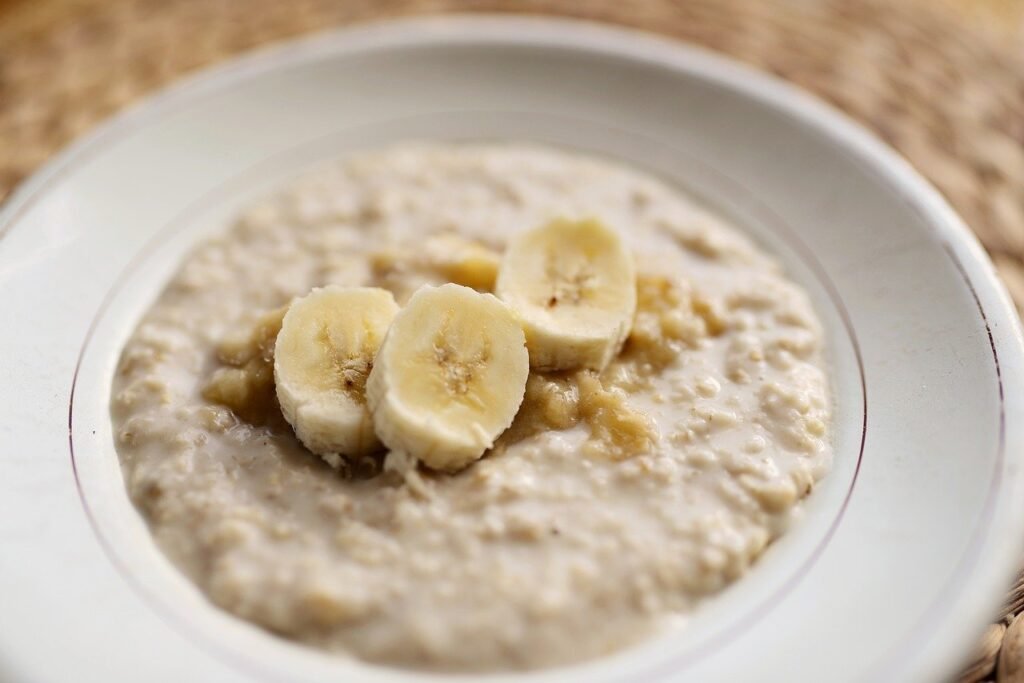As a pediatrician, I often see parents feeling overwhelmed by the amount of information about introducing solids to their baby. Many of you have come to me with concerns about your baby refusing to eat solids or not progressing as expected. I’ve been sharing these tips repeatedly, but I still see many struggling with the same issues. So, let me share with you once again my fail-proof tips that will ensure your baby eats well and that mealtimes are enjoyable for both of you. These tips are practical, easy to use, and will help you navigate this exciting phase of your baby’s development.
Setting Realistic Expectations
The first step is to have realistic expectations about what you should expect from your baby in the first few months of trying solids. During this initial phase, the goal is for your baby to explore food by touching, smelling, and placing it in their mouth. Don’t stress if your baby is not eating large quantities of food. It’s completely normal for them to only consume a small amount, such as half a teaspoon, during the first few times they try solids. Remember, in the first 12 months, most of your baby’s nutrition comes from breast milk or formula. After 12 months, they will gradually start to get more of their nutrition from solid meals shared with the family.

Timing Is Everything
Timing is crucial when introducing solids. Initially, offer solids once a day, preferably after a breastfeed or formula feed. You might wonder if this will make them too full to eat solids, but when babies are very hungry, they tend to be cranky and prefer the comfort and ease of milk. After a feed, they are usually content and more willing to explore solids. Around nine months, you can start offering solids before milk feeds as they begin to eat larger amounts of solid food.
Use a High Chair
It might seem obvious, but using a high chair is essential. Feeding your baby while holding them in your arms might be tempting because it keeps them calm, but it limits their ability to see, touch, and interact with the food. A high chair allows your baby to observe you, see the food, and learn how to eat by mimicking your actions. Ensure the high chair provides good postural support so your baby can focus on eating rather than trying to stay upright.
Eliminate Distractions
Turn off any distractions in the room during mealtime, such as the TV, music, or busy family activities. Babies are easily distracted, and a quiet environment helps them concentrate on the task of eating. Mealtime should be a focused activity where your baby can watch and learn from you and other family members.
Embrace the Mess
Mealtimes are going to be messy, especially in the first year. Allow your baby to touch, play with, and explore the food. This sensory experience is crucial for their development. Smearing some food on the high chair tray and showing them how to play with it can make mealtimes less daunting and more enjoyable for them. If the mess is a concern, consider using a paint smock for your baby and placing a wipeable mat under the high chair.
Let Them Hold a Spoon
If your baby likes to grab the spoon, give them one to hold while you use another to feed them. This keeps them engaged and helps develop their motor skills. Rotate spoons if they grab the one you’re using, ensuring a smooth and less messy mealtime.
Sit Directly in Front of Them
Sitting directly in front of your baby during mealtimes allows them to see your face and mimic your actions. This positioning also helps you bring the spoon level to their mouth, encouraging them to close their lips around the spoon and learn the skill of eating.
Use the Right Spoon
Choose shallow spoons for the initial months of feeding solids. Shallow spoons are easier for babies to clear with their lips, helping them succeed in getting the food into their mouths. Avoid deep spoons, as they require more effort and might frustrate your baby.

Consistency and Patience
Remember, introducing solids is a gradual process. Consistency and patience are key. Regularly offer solids, create a positive mealtime environment, and celebrate small successes. Over time, your baby will become more comfortable and proficient with eating solids.
By following these tips, you’ll make mealtimes more enjoyable for your baby and ensure they progress well with solids. If you’re curious about your child’s developmental milestones at six months, check out my video on what to expect at this age.
Stay tuned for more parenting tips and tricks that will make your life easier and give your child the best start in life. Happy parenting!
